
Beautiful. I overuse the word too. It’s a superlative that has denigrated from its Proto-Indo-European roots meaning “reverence” to the ubiquity of emoji. Almost half a billion Instagram posts bear the hashtag #beautiful.
Though it still resides in the eye of the beholder, this week we saw beauty twisted into a poisonous usage. “Sad to see the history and culture of our great country being ripped apart with the removal of our beautiful statues and monuments,” President Trump tweeted in reference to Confederate statues, followed by this, in his typically passive locution: “…the beauty that is being taken out of our cities, towns and parks will be greatly missed and never able to be comparably replaced!”
This Orwellian twist in meaning enacts a kind of linguistic violence. It may be that all wars begin as wars of words, internecine splittings and divisions within a shared tongue: civil wars, where your beautiful is my ugly. . . But when our political leaders engage in this sort of carjacking of meaning, the consequences resound throughout the culture.
Today, members of the President’s Committee on the Arts and the Humanities, some of our standard-bearers of beauty, resigned in a letter of protest of Trump’s “support of the hate groups and terrorists who killed and injured fellow Americans in Charlottesville.” Of the many reasons cited for their resignations is this indispensable statement addressed to the president:
Art is about inclusion. The Humanities include a vibrant free press. You have attacked both.
Each of us has to find our own no, that universal utterance in the face of oppression. The monuments in question are indefensible, themselves expressions of racist terrorism, and must be resisted. That is, white supremacy isn’t a beautiful part of our national heritage to be celebrated. The Charlottesville violence made that very plain.
A couple of friends and I are slowly making our way through The Social Construction of Reality: A Treatise in the Sociology of Knowledge, a 1966 book by Peter Berger and Thomas Luckmann. The authors brilliantly demonstrate how language, a human construct, has its role in constructing humans, as well. They write that language has the ability to “crystallize and stabilize for me my own subjectivity” and that people “must talk about themselves until they know themselves.”
But, they write, we also inherit our language, and therefore our self-knowing. They posit that this semantic heritage, both personal and historical, results in a “social stock of knowledge” that is passed down from generation to generation. And it makes me wonder: can we become more aware of how language shapes us? Can we somehow make visible the unseen roots of our implicit biases?
And so for today’s resistance, I say, let’s reclaim beauty. It can begin with a poem, with a video of newborn’s first smile, or it can begin with no.
Image source: Pedro Reis, flickr



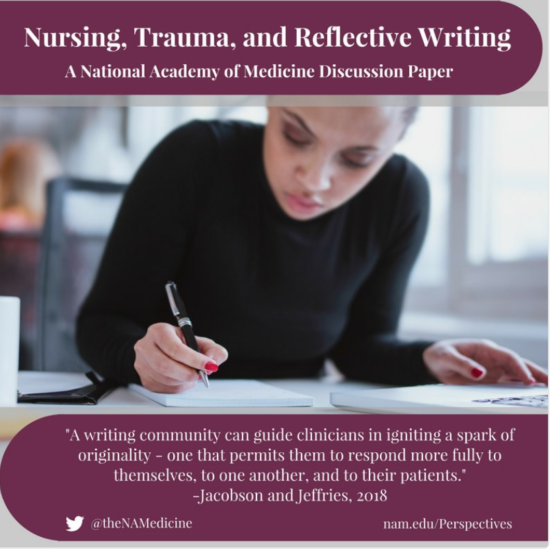
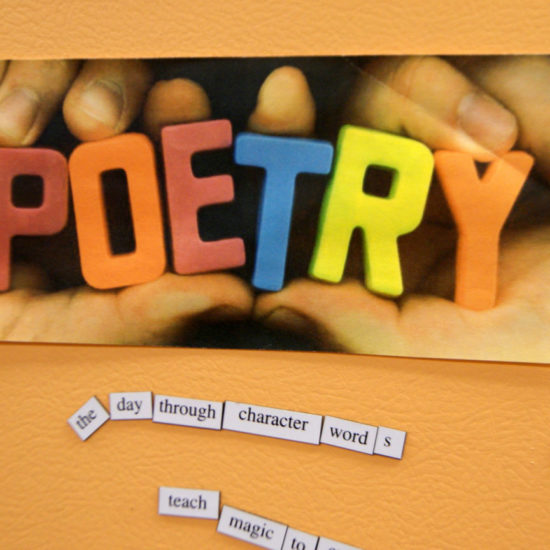
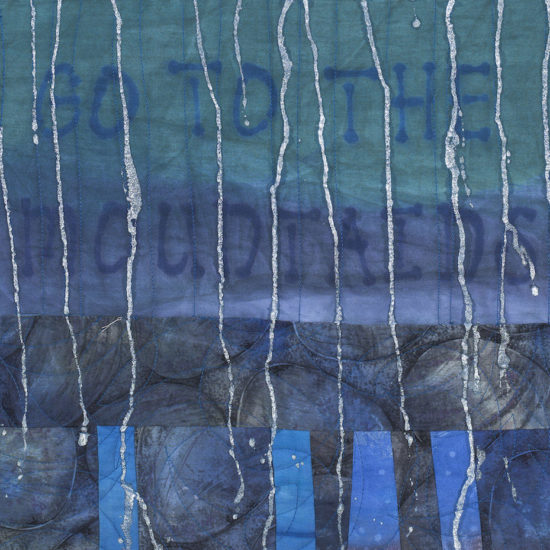
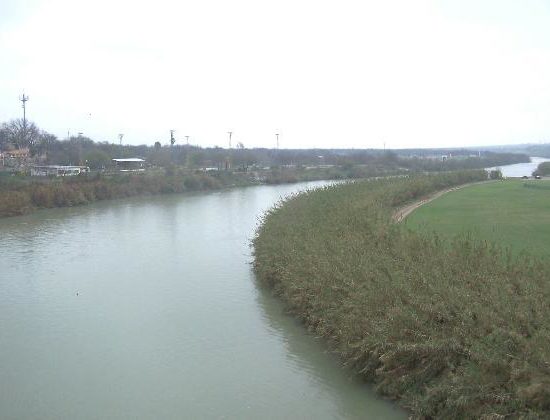
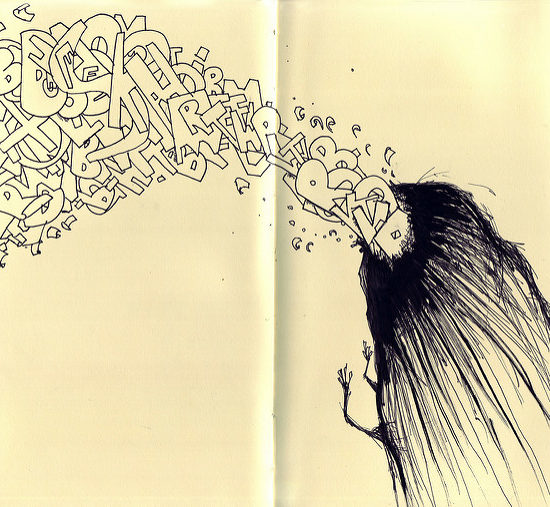
Diana J. Mason / August 18, 2017
Thank you for this thoughtful post, Joy. The carjacking of language is all around us. You’re right–one person’s beauty is another’s ugly, another’s oppression. I’m taken by the idea that language and self-knowledge are inherited. I think about how we got from slavery to Barak Obama as president to Charlottesville. How do we create a new linguistic inheritance? Just give it time? Maybe. But certainly give it voice.
/